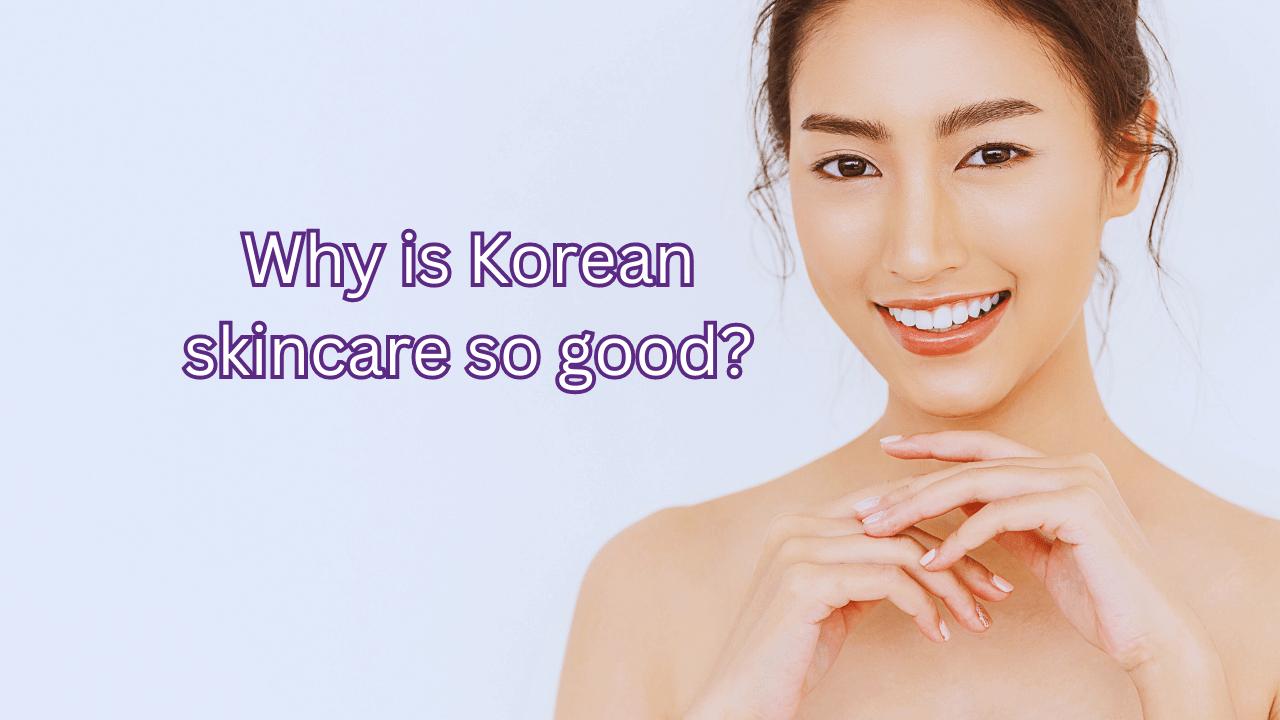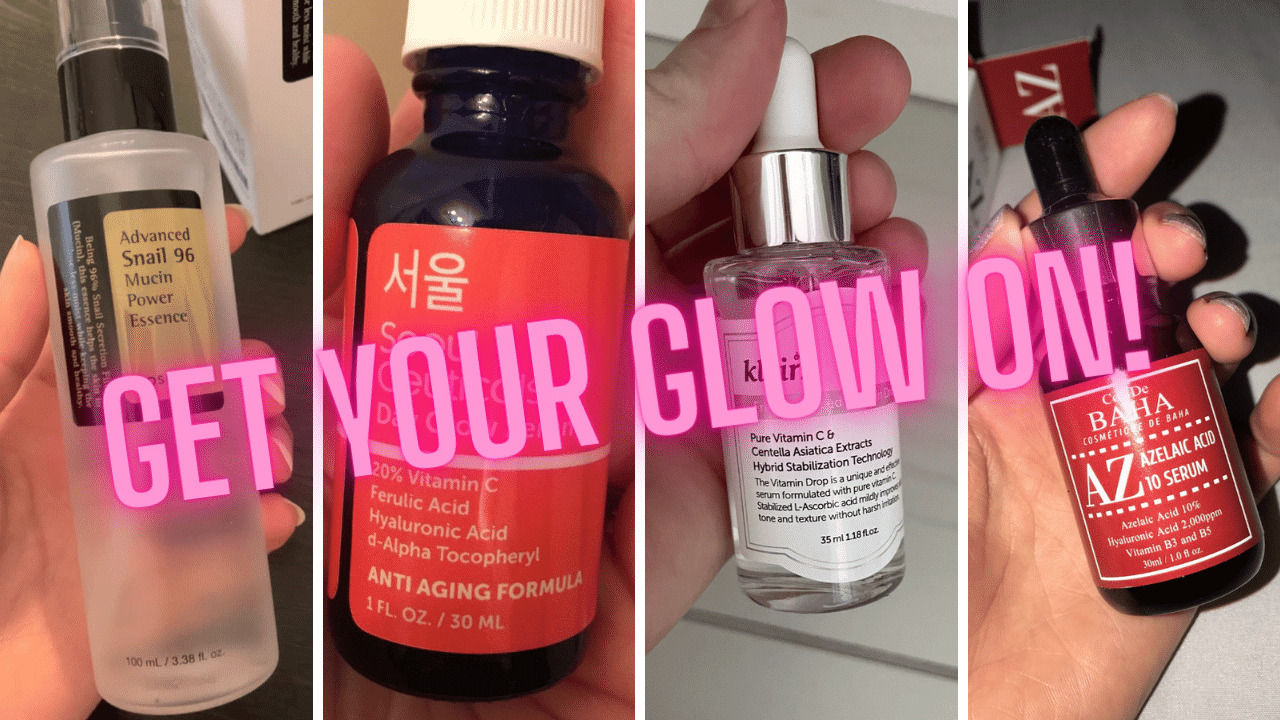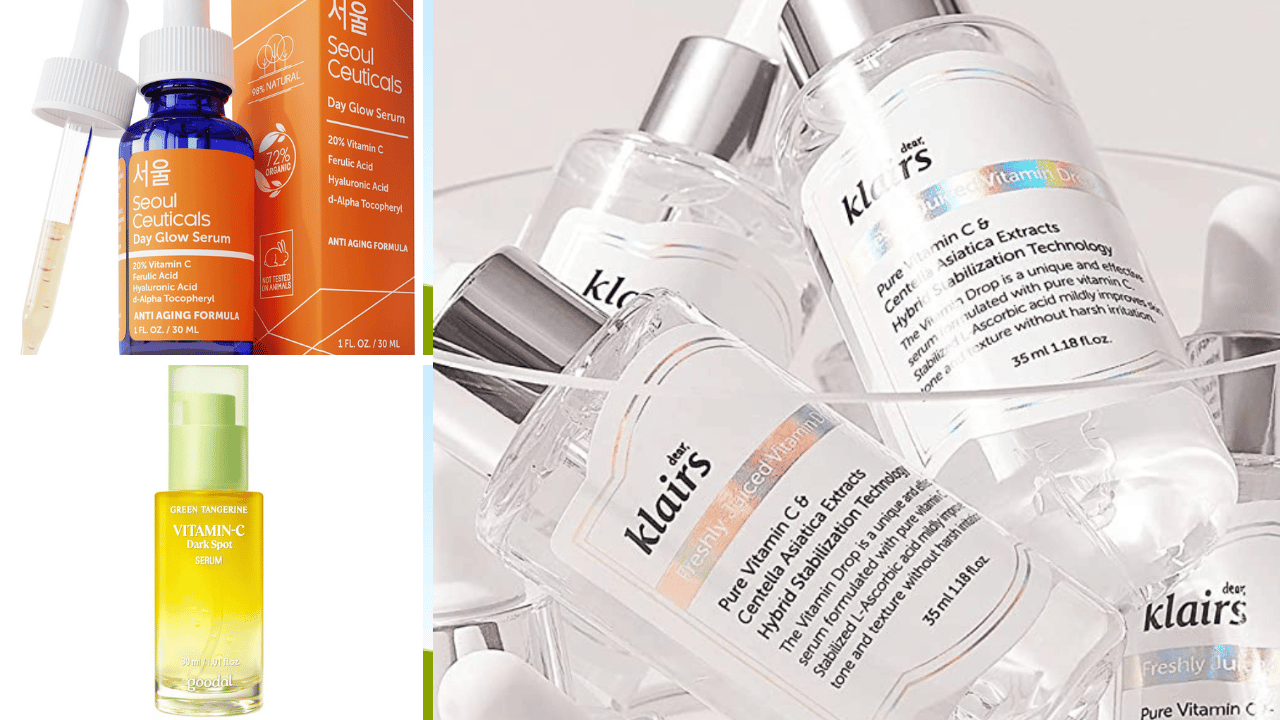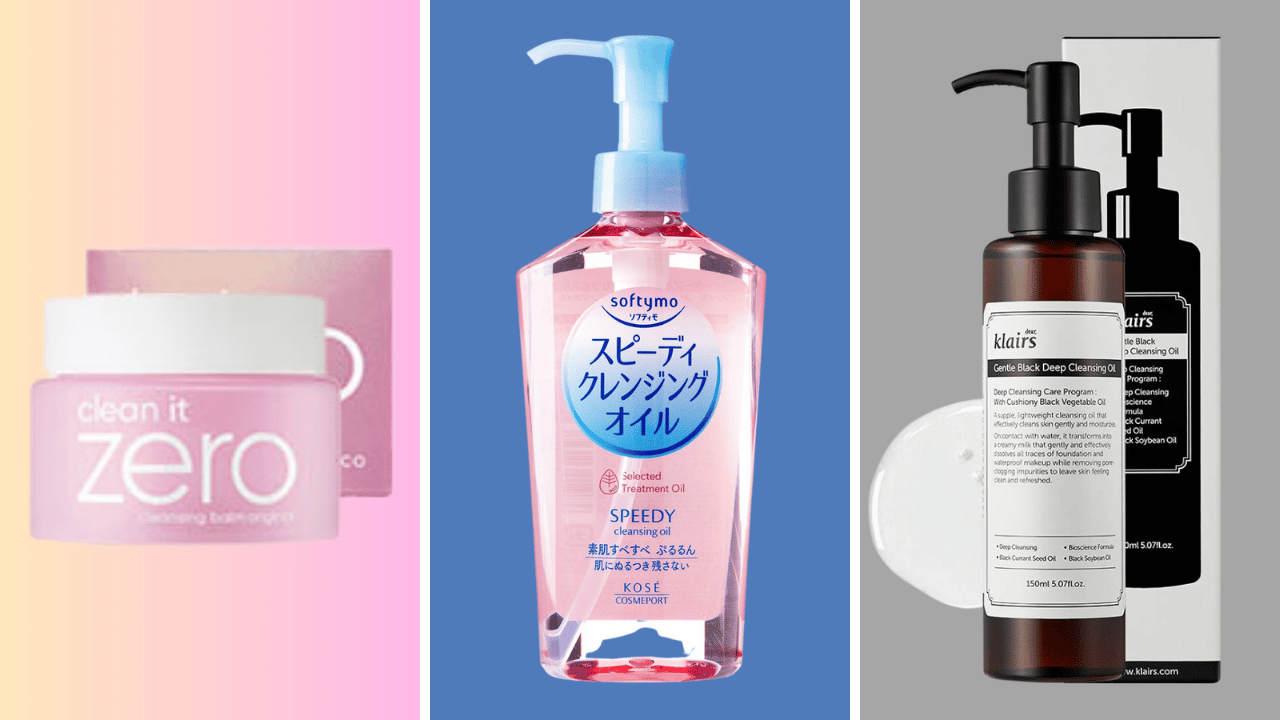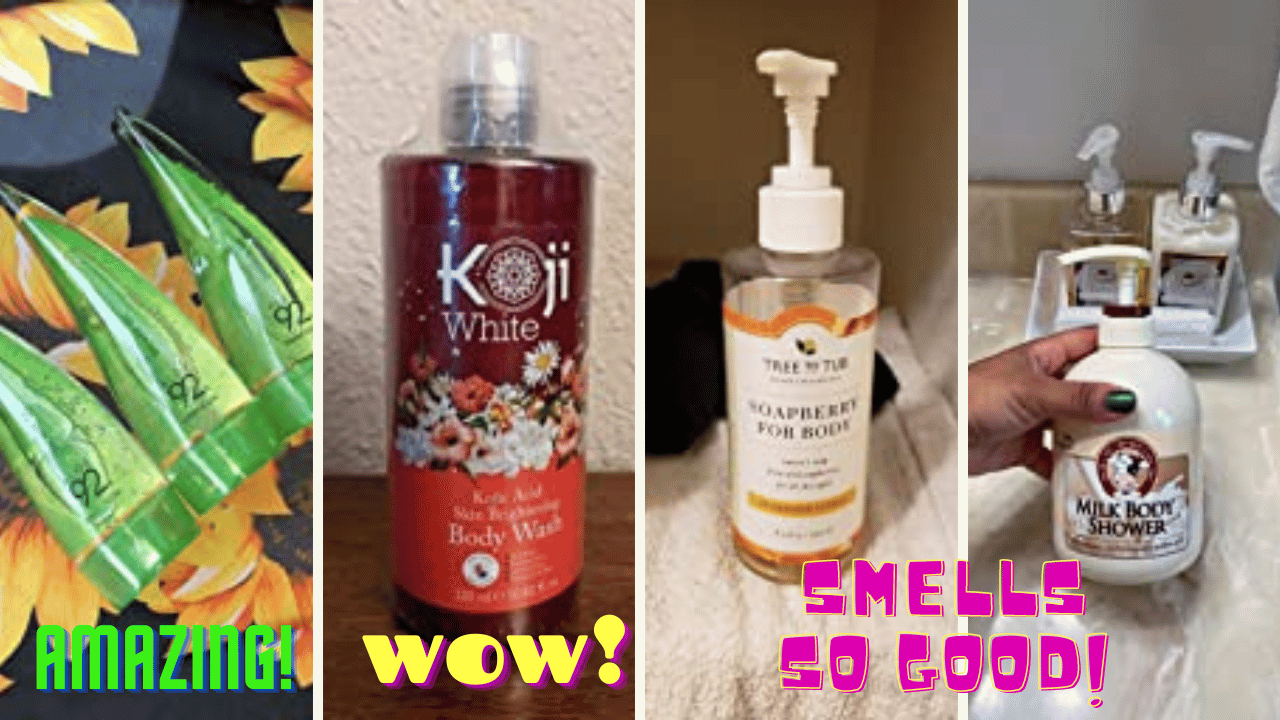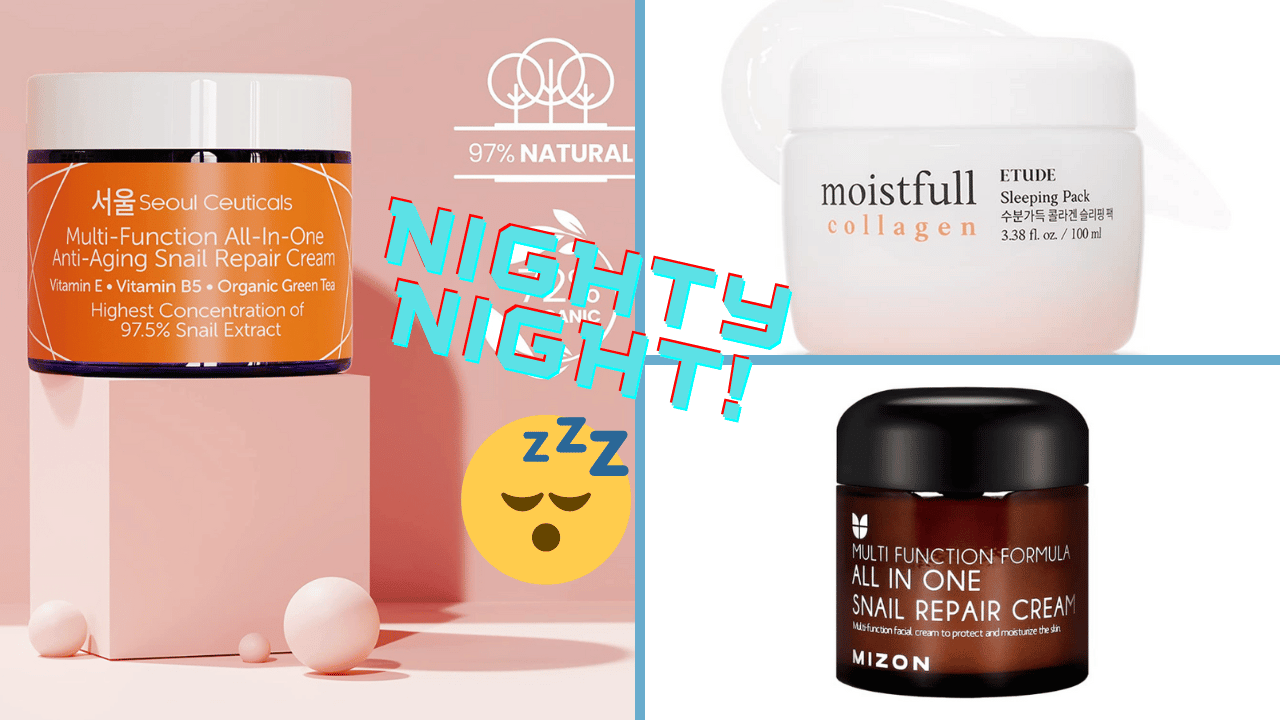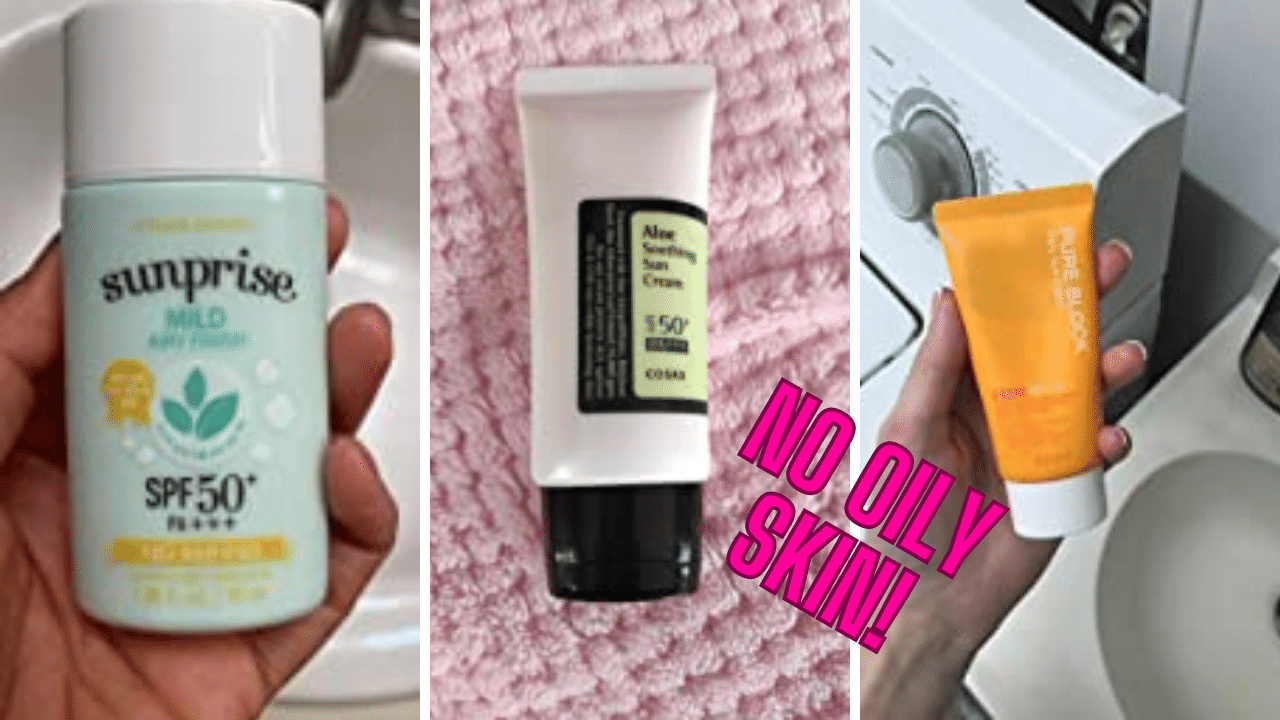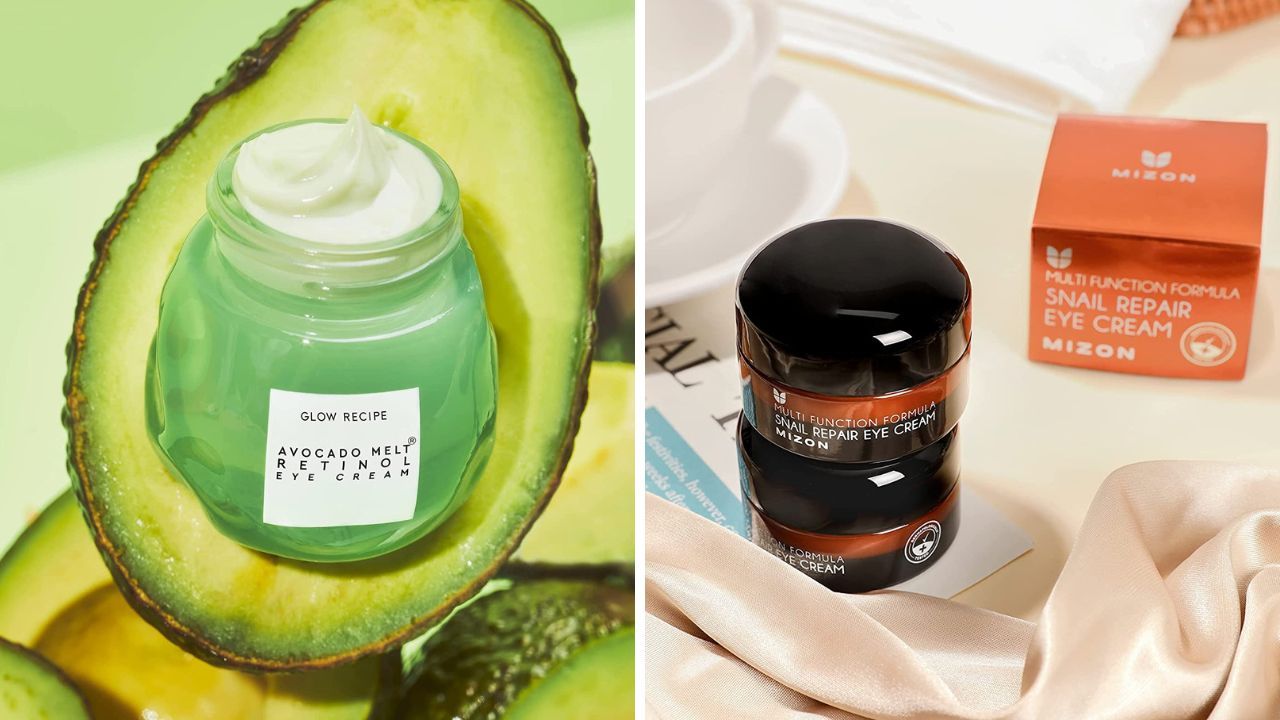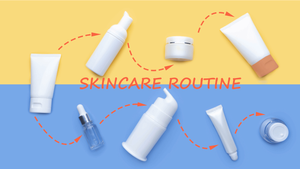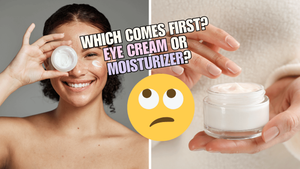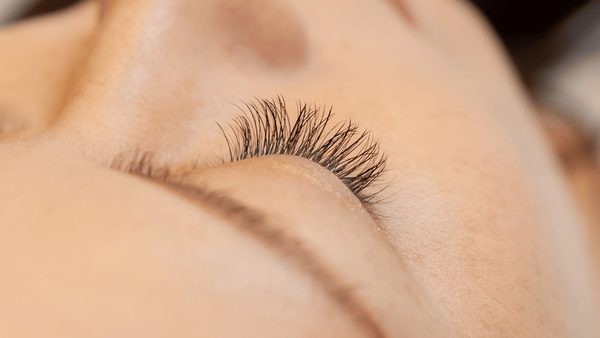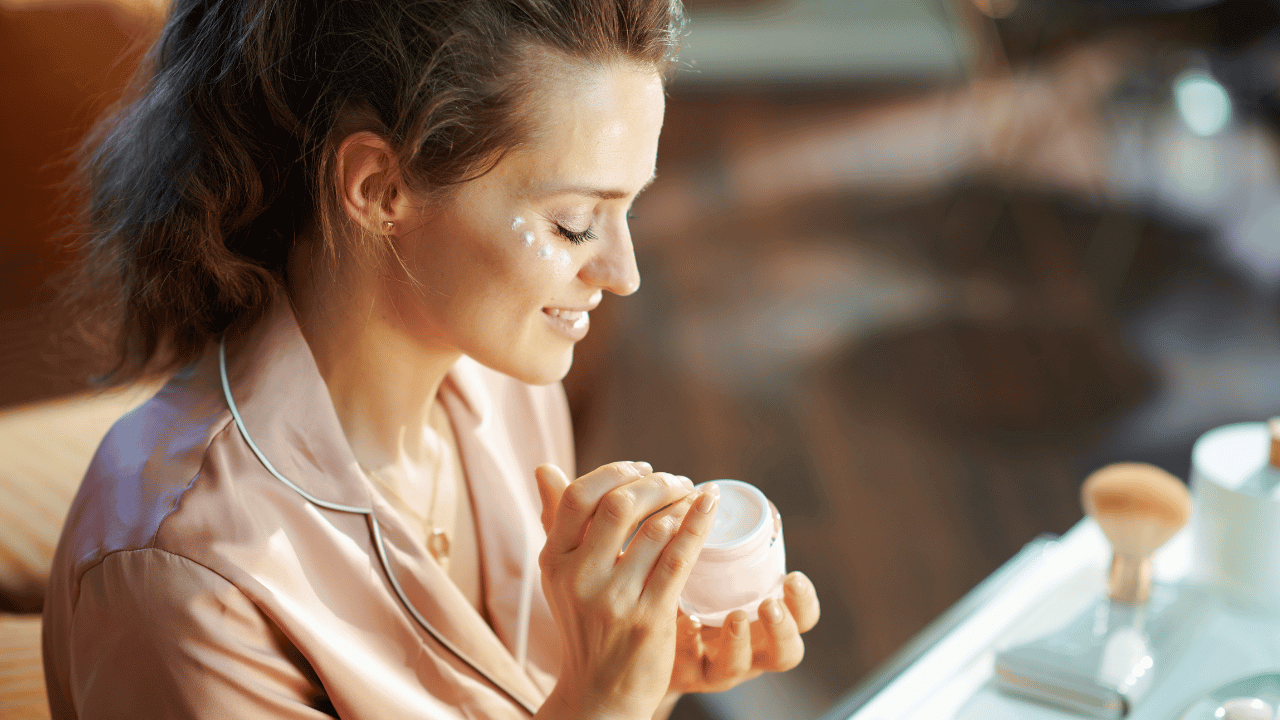Did you know that Korean skincare has taken the beauty world by storm? With unique, innovative techniques, and a focus on prevention and hydration, it’s no wonder people are raving about the benefits of Korean skincare.
But what about American skincare? Is it falling behind, or does it still hold its own in the ever-evolving beauty landscape? Let’s dive into the world of Korean and American skincare and find out: Is Korean skincare better than American? We’ll determine which one reigns supreme in 2023.
Throughout this blog post, we’ll explore the main differences between Korean and American skincare, such as their approach to prevention versus treatment, the complexity of their routines, and the ingredients used in their products. We’ll also examine how cultural values and beauty standards impact these skincare practices. So, buckle up and get ready for a fascinating skincare journey!
Key Takeaways
- Korean skincare emphasizes prevention and natural ingredients, while American skincare focuses on treating skin issues.
- Korean products offer tailored formulas for individual needs, layered products for deep hydration & nourishment, plus innovative techniques & cutting-edge formulations.
- Culture plays a big role in both countries’ approaches to beauty standards and values of self-care vs. quick fixes.
Korean vs. American Skincare: The Main Differences
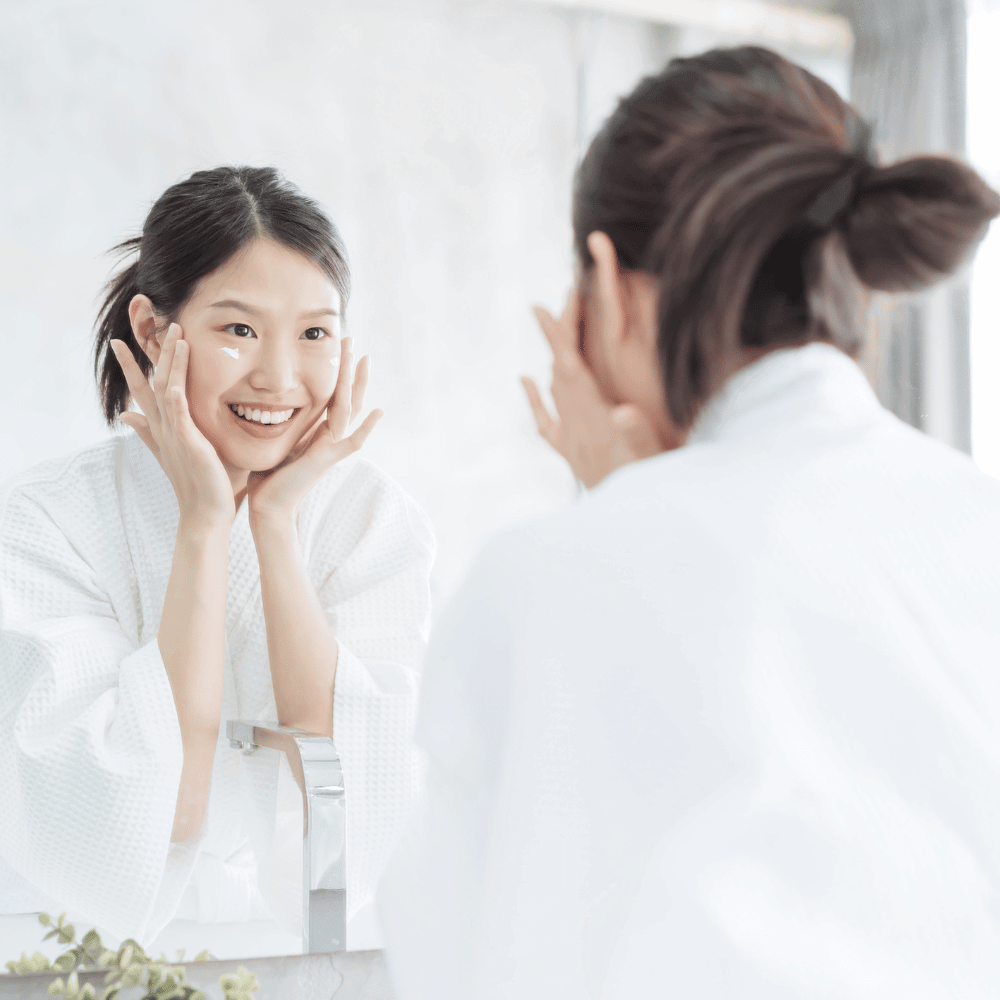
Korean skincare is all about prevention and maintaining a healthy skin barrier. It typically involves more steps in the routine, such as double cleansing, toning, essence, serum, sheet mask, and moisturizer. When it comes to ingredients, Korean skincare products often use natural and cutting-edge ingredients like snail mucin, bee venom, and fermented ingredients, which stand in contrast to the chemical-based products that are often found in American skincare.
On the other hand, American skincare is more straightforward and low maintenance, focusing on treating skin issues and removing dead skin cells. American skincare routines usually involve fewer steps, and the products used tend to be more standardized, catering to a wider range of people.
Let’s further explore the contrasts between Korean and Western skincare practices, as well as American skincare.
Emphasis on Prevention vs. Treatment
The Korean skincare philosophy prioritizes taking care of yourself and maintaining a healthy skin barrier, focusing on preventing skin issues before they occur. This holistic approach to skincare is deeply rooted in Korean culture and emphasizes self-care as a means of achieving overall health. For example, Korean skincare routines often include rich, hydrating eye creams that provide nourishment and protection to the delicate eye area, preventing the formation of fine lines and wrinkles.
American skincare, however, gears more toward addressing existing issues like acne, hyperpigmentation, and wrinkles. Exfoliation, for instance, is more emphasized in American skincare, with harsher scrubs often recommended for use once a week. This approach is less focused on the overall health of the skin and more on achieving quick results and addressing specific concerns.
Number of Steps in Routine
The Korean skincare routine is famous for its multiple steps, which can range from 10 to 12 or even more. Each step in the routine is designed to address a specific skin concern or need, such as hydration, exfoliation, or brightening. One such step is the popular “double cleansing” method, which involves using an oil-based cleanser followed by a water-based one to thoroughly remove impurities and prevent clogged pores.
Conversely, American skincare routines are generally simple with fewer steps, typically around 3-4. These routines focus on:
- Cleansing
- Toning
- Moisturizing
- Occasionally, exfoliation or targeted treatments for specific concerns
While American routines can still be effective in addressing skin issues, they may not offer the same level of customization and attention to detail as their Korean counterparts.
Approach to Ingredients
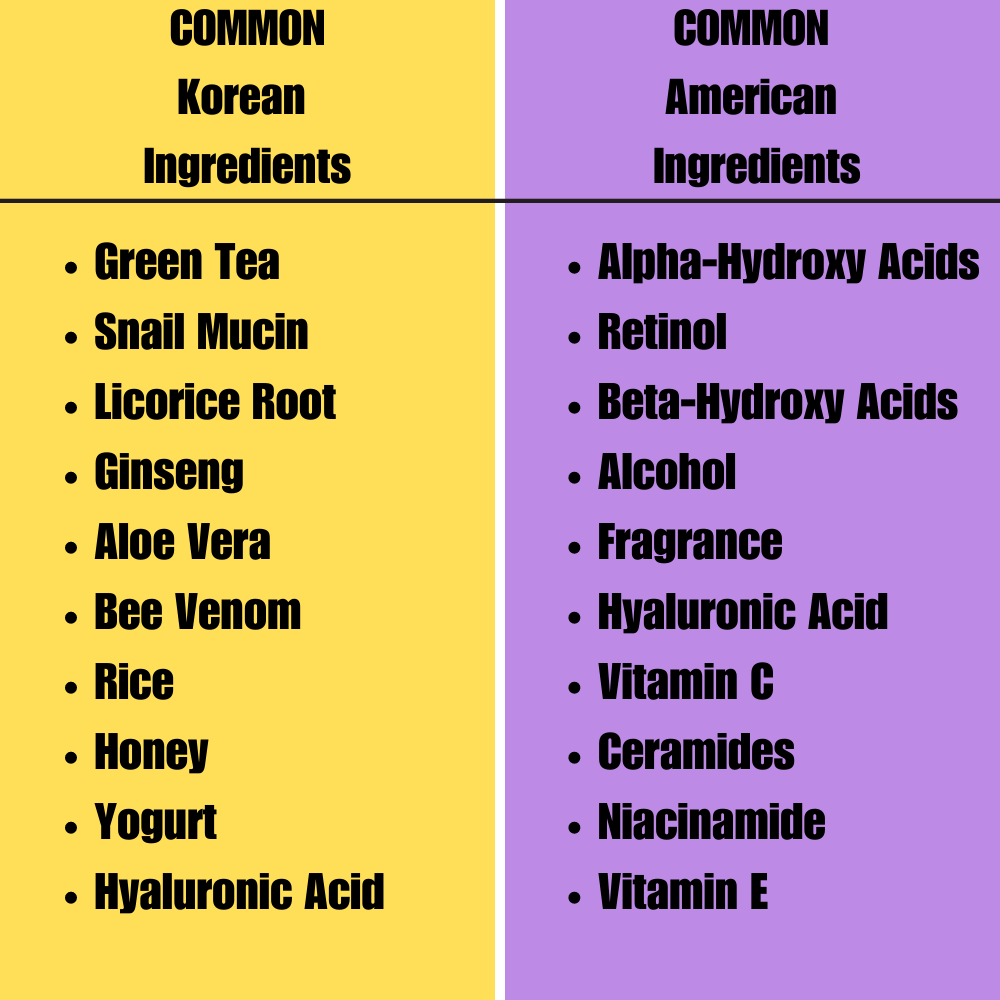
Korean skincare is known for its innovative and unique ingredients, often using natural, skin-friendly components that cater to various skin types and concerns. Some of these ingredients include snail mucin, which has been shown to have regenerative and anti-aging properties, and fermented extracts, which can help to brighten and nourish the skin. These cutting-edge formulations set Korean skincare apart from its American counterpart and contribute to its global popularity.
Conversely, American skincare often leans towards traditional, chemical-based ingredients like salicylic acid for acne treatment or retinol for anti-aging. While these ingredients can be effective in addressing specific skin concerns, they may not offer the same level of innovation and creativity found in Korean skincare products. As a result, American skincare may lack some of the unique benefits and experiences offered by its Korean counterpart.
Individualized vs. One-Size-Fits-All

One of the hallmarks of Korean skincare is its individualized approach, offering tailored formulas and customizable routines that cater to each person’s unique skin type, concerns, and needs. This personalized touch allows for more effective and targeted skincare solutions, ensuring that your skin receives the best possible care.
Contrarily, American skincare often adopts a one-size-fits-all approach, designing products that cater to various skin types and issues without considering individual distinctiveness.
This difference in approach can greatly impact the effectiveness of your skincare routine. By using Korean skincare products that are specifically designed for your skin type and concerns, you’re more likely to achieve optimal results and maintain the health and appearance of your skin.
Conversely, applying American skincare products that aren’t tailored to your individual needs might yield fewer benefits and could potentially worsen existing skin conditions.
Tailored Formulas
Korean skincare products are designed to cater to a wide range of skin types and concerns, offering tailored formulas that address specific skin issues such as acne, dryness, and wrinkles. Korean skincare focuses on these tailored formulas, allowing you to target your unique skin concerns and provide more effective, personalized skincare solutions.
For example, you may find a customized serum that targets both hydration and discoloration, while also strengthening your skin’s barrier.
In comparison, American skincare products often target a broader audience, with formulas designed to work for a variety of skin types and concerns. While these products can still be effective, they may not offer the same level of customization and targeted treatment as their Korean counterparts. As a result, you may not experience the same level of benefits and improvements in your skin’s appearance when using American skincare products.
Customizable Routines
Korean skincare routines, also known as the Korean skincare routine, are highly customizable, allowing you to tailor your routine to suit your individual needs and preferences. This flexibility enables you to address your specific skin concerns and adjust your routine as needed, ensuring that your skin receives the optimal care it deserves. For instance, if you have particularly dry skin, you can incorporate additional hydrating steps, such as using both a hydrating toner and an essence, to provide extra nourishment and hydration.
Conversely, American skincare routines are usually more standardized and rigid, typically involving a set routine of:
- Cleansing
- Toning
- Moisturizing
- Occasional exfoliation
- Targeted treatments
While this approach can still be effective in maintaining your skin’s health, it may not offer the same level of customization and personalization as a Korean skincare routine, which can limit the potential benefits you experience.
Hydration and Nourishment Focus
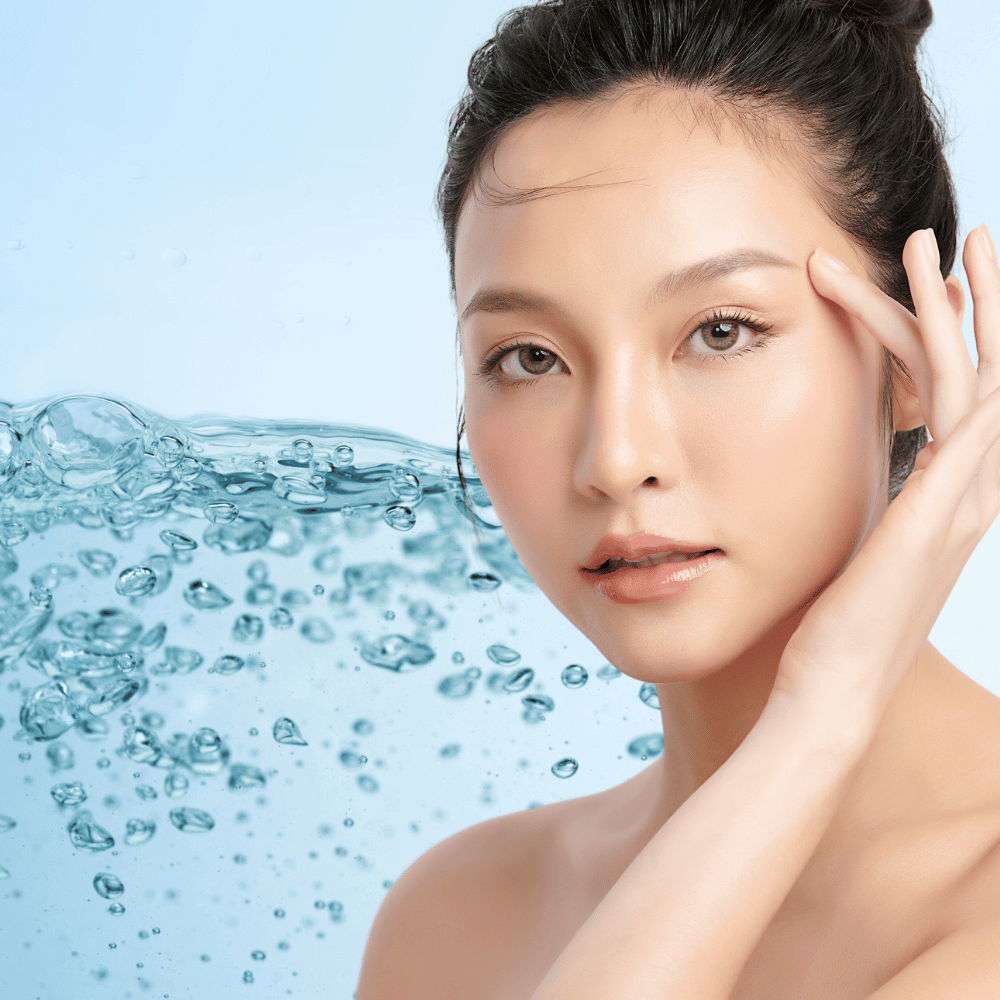
A key aspect of Korean skincare is its focus on hydration and nourishment, ensuring that your skin remains healthy, plump, and radiant. This emphasis on hydration is evident in the multiple steps of a Korean skincare routine, as well as the innovative ingredients used in their products, such as hyaluronic acid, which helps to lock in moisture and provide a youthful, dewy appearance.
Contrarily, American skincare tends to emphasize exfoliation more, aiming to shed off dead skin cells and unveil a fresh, smooth complexion. While exfoliation is important for maintaining healthy skin, it can sometimes lead to dehydration and irritation if not balanced with adequate hydration and nourishment. As a result, American skincare may not provide the same level of hydration and nourishment as Korean skincare, potentially impacting the overall health and appearance of your skin.
Layering Products
Layering products is an essential component of Korean skincare, allowing for deep hydration and nourishment of the skin. By applying multiple layers of lightweight, hydrating products, you can effectively deliver moisture and nutrients to your skin, ensuring that it remains healthy, plump, and radiant.
On the flip side, American skincare routines typically involve the use of a single moisturizer or face cream for hydration, without the supplementary benefit of layering products for optimal nourishment. While this approach can still be effective in maintaining skin hydration, it may not offer the same level of deep, targeted nourishment and moisture retention as the layering technique used in Korean skincare.
Importance of SPF
Sun protection is a crucial aspect of Korean skincare, with many products containing SPF to shield the skin from harmful UV rays. This emphasis on sun protection not only helps to prevent sunburn and sun damage, but also plays a vital role in maintaining the overall health and appearance of the skin, as excessive sun exposure can lead to premature aging, hyperpigmentation, and other skin issues.
Contrarily, SPF is frequently disregarded in American skincare routines, with many people failing to apply sunscreen daily or depending on makeup products with minimal SPF protection. This lack of emphasis on sun protection can result in increased sun damage and skin aging, highlighting the importance of incorporating SPF into your skincare routine, no matter your location or skin type.
Innovative Techniques and Ingredients
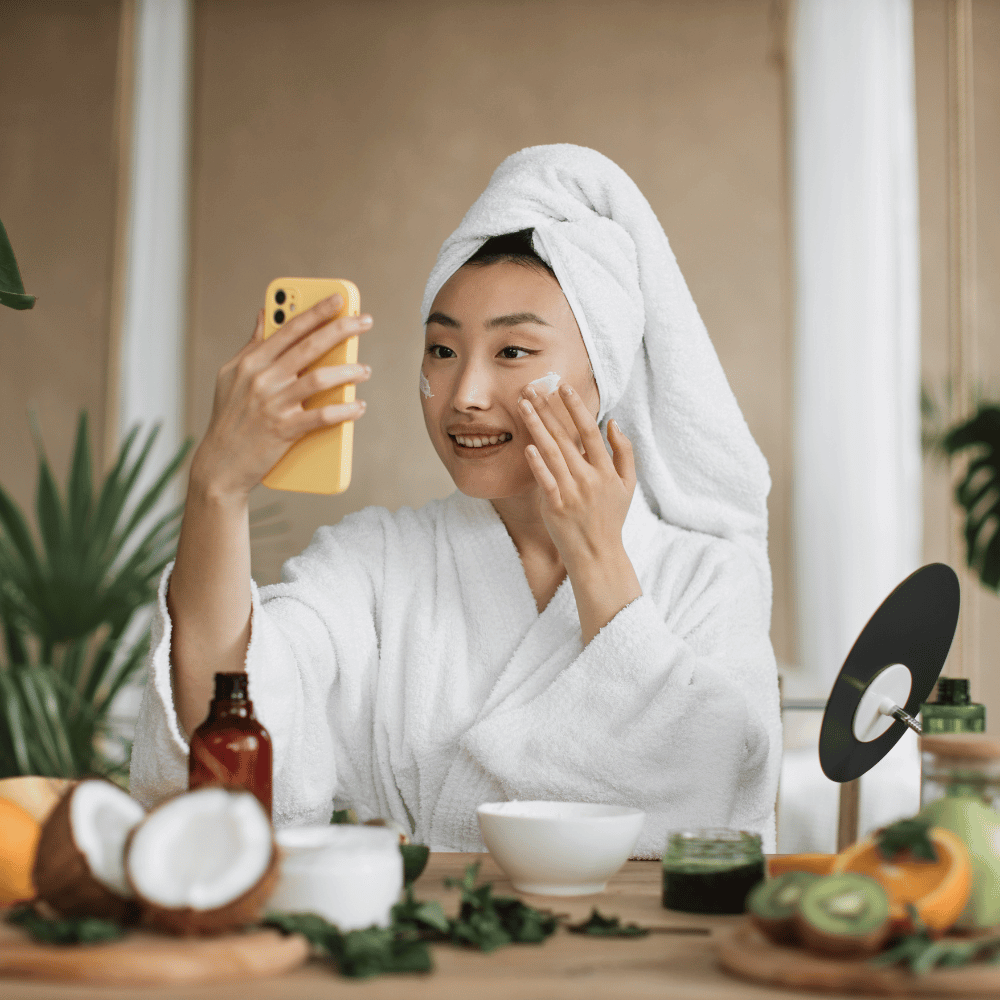
Korean skincare is renowned for its innovative techniques and ingredients, which set it apart from American skincare practices. These unique approaches to skincare have resulted in a range of groundbreaking products and formulations, such as gentle exfoliants that can be used daily, and cutting-edge ingredients like snail mucin and fermented extracts.
Conversely, American skincare often falls back on more traditional techniques and ingredients, such as abrasive scrubs for exfoliation and chemical-based products like salicylic acid and retinol. While these ingredients can be effective in addressing specific skin concerns, they may not offer the same level of innovation and creativity found in Korean skincare products.
Cutting-Edge Formulations
Korean skincare products often feature unique and innovative ingredients that provide a range of benefits for the skin. For example, snail mucin is a popular ingredient in Korean skincare products, known for its regenerative and anti-aging properties, helping to improve skin elasticity and reduce the appearance of fine lines and wrinkles. Fermented extracts, another innovative ingredient commonly found in Korean skincare, can help to brighten the skin and provide nourishment, as the fermentation process breaks down the ingredients into smaller, more easily absorbed molecules.
Conversely, American skincare products usually concentrate on more traditional ingredients like salicylic acid for acne treatment or retinol for anti-aging. While these ingredients can be effective in addressing specific skin concerns, they may not offer the same level of innovation and unique benefits found in Korean skincare products.
Gentle Exfoliation
Gentle exfoliation is a key aspect of Korean skincare, helping to remove dead skin cells and reveal a fresh, radiant complexion without causing irritation or damage to the skin. This approach stands in contrast to the harsher scrubs often used in American skin care, which can sometimes lead to dehydration and irritation if not balanced with adequate hydration and nourishment.
By incorporating gentle exfoliation into your skincare routine, you can effectively maintain the health and appearance of your skin while minimizing the risk of irritation and damage. This focus on gentle, yet effective, skincare techniques is just one of the many reasons why Korean skincare has become so popular worldwide.
Affordability and Accessibility

Korean skincare products, a subset of the popular Korean products, are often more affordable and accessible than their American counterparts, due in part to the competitive market and global reach of Korean skincare brands. The dynamic and fast-paced nature of the Korean skincare market has led to a wide range of high-quality products available at lower prices, making it easier for consumers around the world to enjoy the benefits of Korean skincare.
On the flip side, American skincare products can occasionally be pricier and less readily available, particularly for those residing outside the United States. This difference in affordability and accessibility may play a role in the growing popularity of Korean skincare products, as more and more people are able to experience the unique benefits and innovative formulations that Korean skincare has to offer.
Competitive Market
The Korean skincare market is highly competitive and fast-paced, with South Korean cosmetics estimated to be worth billions of dollars and boasting a huge presence both locally and worldwide. This intense competition has led to the development of innovative and high-quality products at affordable prices, making Korean skincare more accessible to consumers around the globe.
On the other hand, the American skincare market might not match the same level of competitiveness and innovation, leading to steeper prices and a less diverse range of product offerings. As a result, consumers may be more inclined to explore the world of Korean skincare, seeking out unique and effective products that cater to their individual needs and preferences.
Global Reach
Korean skincare products have gained popularity worldwide, with South Korea being the world’s third-largest exporter of cosmetics. The global demand for K-beauty products has led to increased availability and accessibility, making it easier than ever for consumers to experience the unique benefits of Korean skincare.
Conversely, American skincare products might not possess the same level of global reach, especially for those living outside the United States. This difference in accessibility may contribute to the growing popularity of Korean skincare, as more and more people are able to experience the innovative techniques and ingredients that set Korean skincare apart from its American counterpart.
The Impact of Culture on Skincare

Culture plays a significant role in shaping the skincare practices of both Korea and America, with unique cultural values and beauty standards influencing the way people approach skincare in each country. For example, Korean skincare is heavily influenced by a focus on self-care and overall health, as well as a desire for clear, radiant skin.
Contrarily, American skincare often gravitates towards quick fixes and brand loyalty, with a lesser focus on overall skin health and appearance.
It’s important to recognize the impact of culture on skincare practices, as it can help explain the differences in approach between Korean and American skincare and the unique benefits and experiences that each has to offer. By understanding these cultural influences, we can better appreciate the diversity of skincare practices and find a routine that aligns with our own values and preferences.
Cultural Values
Korean skincare is deeply rooted in cultural values such as self-care and overall health, emphasizing the importance of maintaining a healthy skin barrier and preventing skin issues before they occur. This holistic approach to skincare is reflected in the multi-step routines and innovative ingredients used in Korean skincare products, as well as the focus on hydration and nourishment for the skin.
In contrast, American skincare often reflects values of quick fixes and brand loyalty, with less emphasis on the overall health and appearance of the skin. This focus on immediate results and standardized routines can be seen in the more simplified skincare practices and reliance on traditional, chemical-based ingredients in American skincare products.
Beauty Standards
Beauty standards in Korea prioritize healthy, glowing skin, often referred to as “glass skin”. This focus on radiant, flawless complexions is reflected in the innovative techniques and ingredients used in Korean beauty, particularly in Korean skincare products, such as gentle exfoliation and hydrating essences.
Conversely, American beauty standards frequently stress makeup and concealing imperfections, with a lesser emphasis on achieving healthy, naturally glowing skin. By understanding the different beauty standards of Korea and America, we can appreciate the unique approaches to skincare in each country and the influence of these standards on the popularity and effectiveness of their respective products and techniques.
Ultimately, the choice between Korean and American skincare comes down to personal preference and the desired outcome for your skin.
Final Thoughts
Throughout this blog post, we’ve explored the main differences between Korean and American skincare, delving into their unique approaches to prevention versus treatment, routine complexity, and ingredient selection. We’ve also examined the impact of culture on these skincare practices, highlighting the influence of cultural values and beauty standards on the routines and products used in each country.
In conclusion, the choice between Korean and American skincare ultimately comes down to personal preference and individual needs. Korean skincare offers a more personalized and holistic approach, with innovative techniques and ingredients that cater to a range of skin types and concerns. On the other hand, American skincare is often more straightforward and standardized, with a focus on quick fixes and traditional ingredients. By understanding these differences and considering your own skin concerns and preferences, you can discover the skincare routine that works best for you.
Frequently Asked Questions
Why is Korean skincare better than us?
Korean skincare stands out for its use of natural ingredients, like herbs, aloe vera, and snail slime, which reduce the risk of irritation, making it a better option than artificial ingredients-based skin care.
These natural ingredients are gentle on the skin and can help improve its overall health and appearance. They also provide a range of benefits, such as hydration, anti-aging, and protection from environmental damage.
Korean skincare products are also known for their unique textures and formulations, which make them easy to use.
Do Koreans have better skincare?
Korean skin care puts a major emphasis on preventative measures, giving it an advantage over other products when it comes to tackling issues like acne.
It could help you avoid potential discoloration and scarring that can be hard to treat.
What is the difference between Korean and American skincare?
Korean skincare emphasizes the use of natural ingredients and gentle hydration, while American skincare tends to focus on aggressive treatments and exfoliation.
Korean products often come in unique forms such as pudding or gel, and are designed to replenish skin nutrients.
American products often involve scrubs, retinol, and harsh acids.
How many steps are typically involved in a Korean skincare routine?
Korean skincare routines are often more involved than American routines, typically containing up to 12 steps.
What are some unique ingredients found in Korean skincare products?
Korean skincare products are known for their unique ingredients, like snail mucin, bee venom, and fermented extracts.
• "The road to success is paved with small steps." - anonymous
You may also like:
